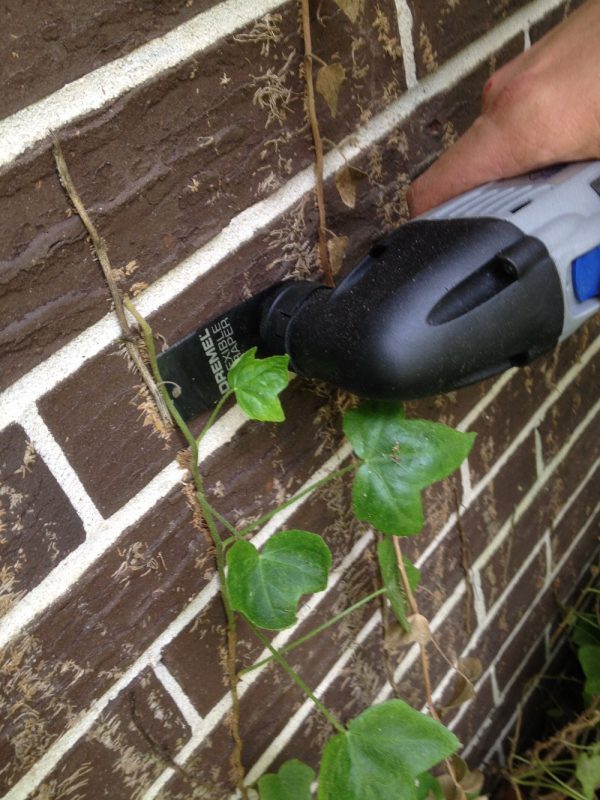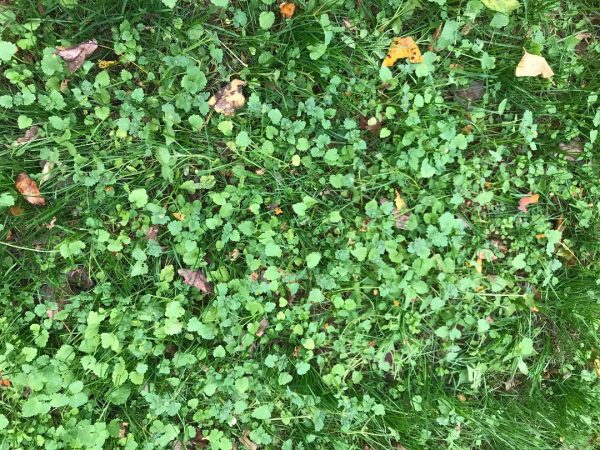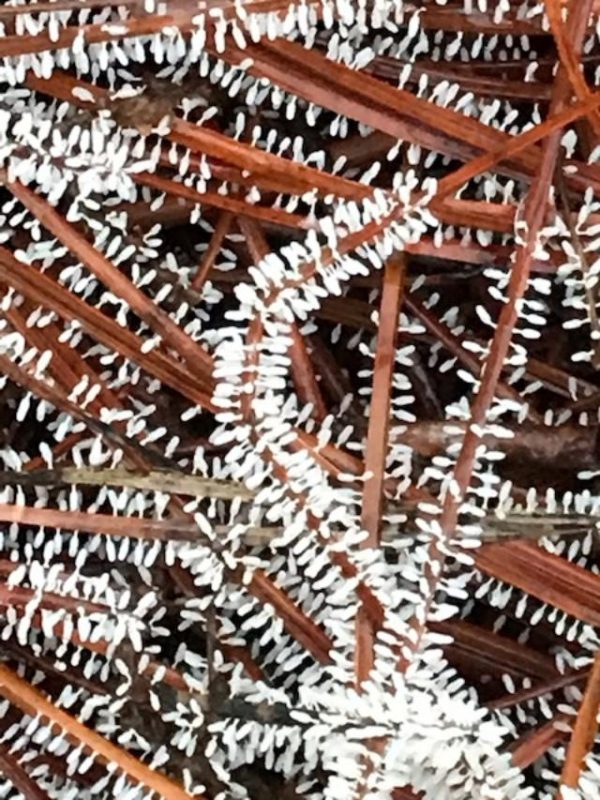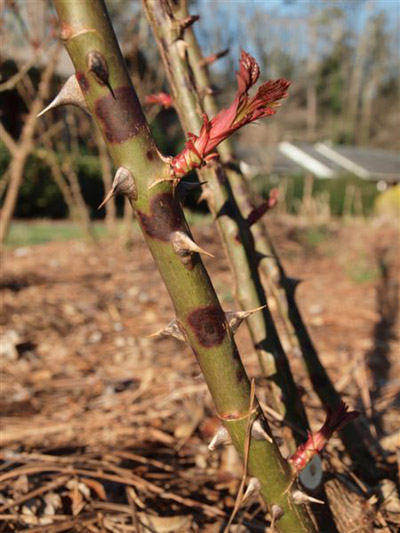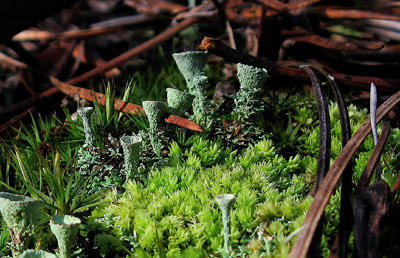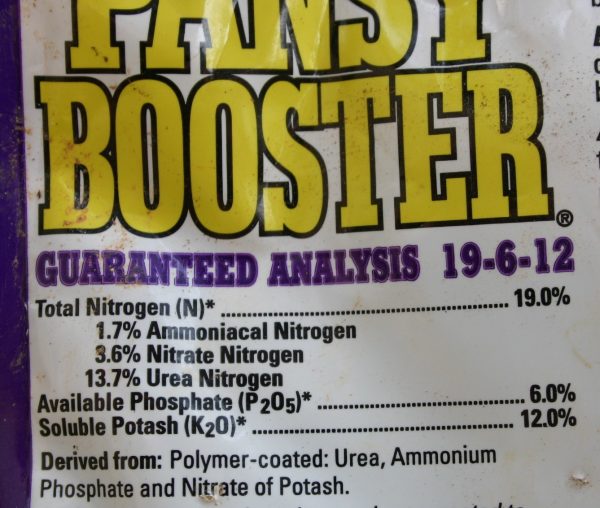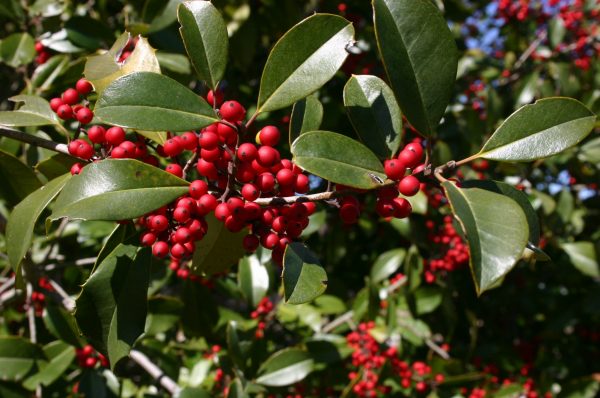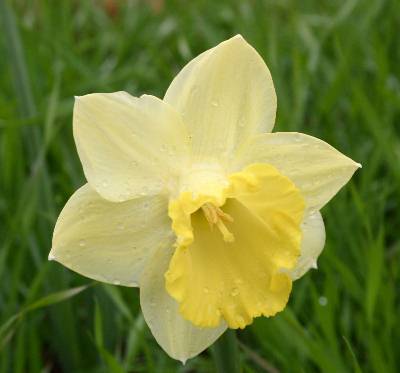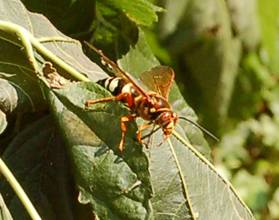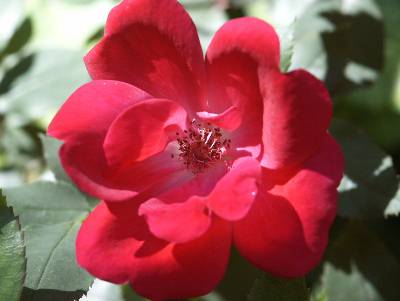Mulch – More Myths
It is hard to mess up making macaroni and cheese from a box, but somehow I did it. During a recent kitchen foray, I mixed in a handful of my son’s other favorite food, bacon. This immediately rendered the entree “Gaggy!”, in his words. It wasn’t quite as disgusting as when his sliced pears touched the green beans on his plate, but almost.
It also seems pretty hard to mess up mulching but I see it done regularly as I drive around the city. Here are some mulch myths to avoid:
MYTH: MULCH PILED HIGH AROUND A PLANT IS GOOD Seemingly professional landscapers pile pine straw or wood chips twelve to twenty four inches high up the trunk of a tree and don’t think this hurts the plant. In fact, the too-deep mulch will hold moisture constantly close to the tree bark. Wet bark gives decay fungi a perfect home. Once the protective bark has rotted away, decay will spread into the trunk.
Straw mulch makes a fine abode for voles. These short-tailed mice love to gnaw on the roots of a tree just above the soil line. With the mulch protecting them from predators, voles are unnoticed until the tree breaks off at ground level. For both reasons, mulch should always be pulled back a minimum of six inches from tree trunks. No matter how many bags of leaves you rake up, a mulch layer more than six inches deep can be harmful.
MYTH: PINE STRAW MAKES THE SOIL ACIDIC This myth points out the fallacy of confusing ^association^ with ^causation^. Pine trees can grow (and drop their needles) on all but the most awful acidic soils. But just because you observe pine needles on miserable soil, that doesn’t mean they caused the soil to be bad.
^All^ leaves, including oak leaves, hickory leaves, cedar branches and pine needles, form small amounts of organic acids when they decompose. The amount of acid formed, however, is not enough to change the pH of the soil much. Pine straw can be used anywhere, under any plant, as a mulch material.
MYTH: A SMALL RING OF MULCH AROUND A TREE IS ENOUGH Remember the reason for mulching in the first place: to protect roots from drought and heat. I commonly see three foot diameter mulch rings around twenty foot tall trees. Tree roots extend many feet beyond the ends of the branches. The minuscule mulch rings keeps the lawn mower at bay but they do nothing to protect tree roots. Shallow-rooted trees, dogwoods in particular, should be mulched out to the branch tips and beyond.



